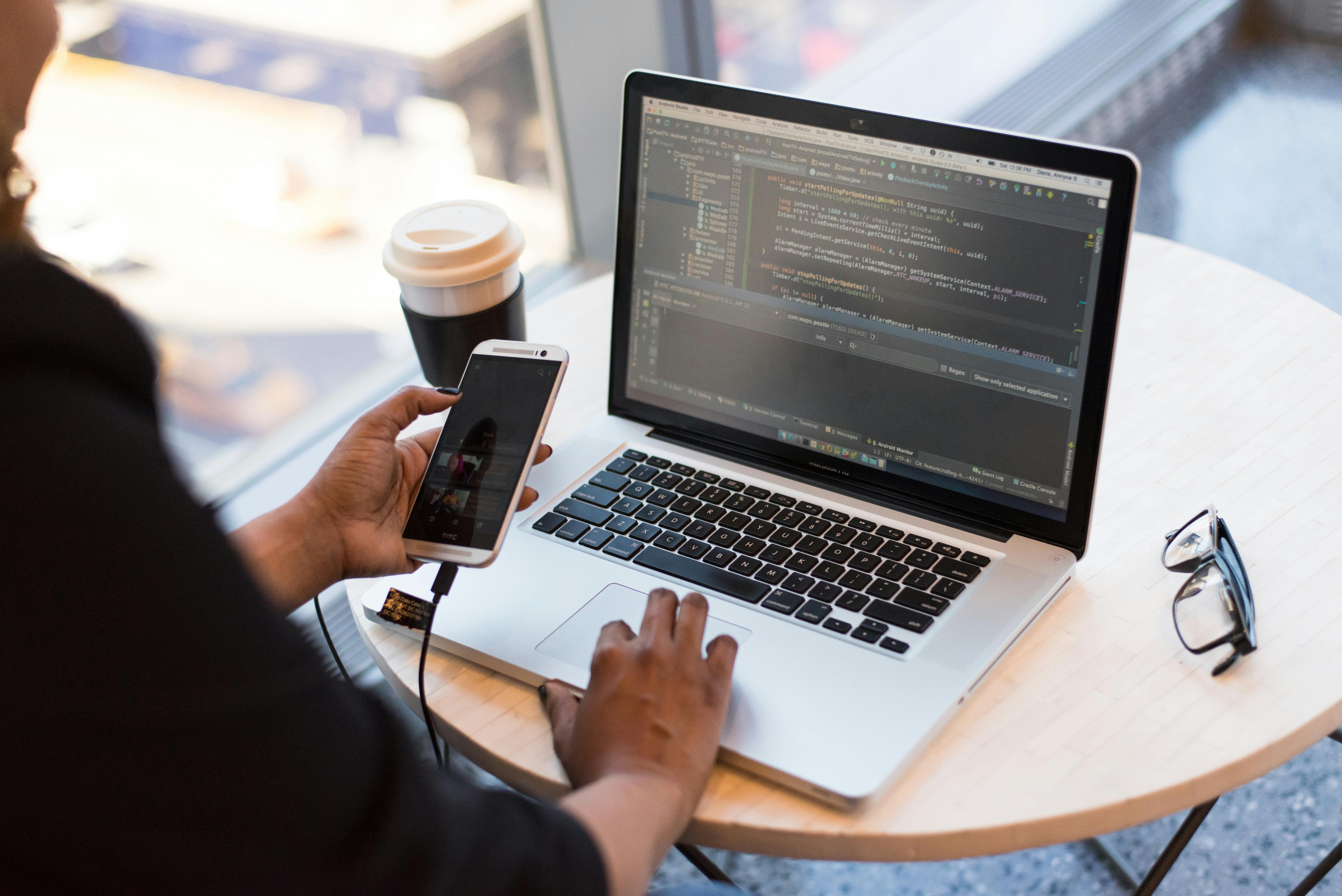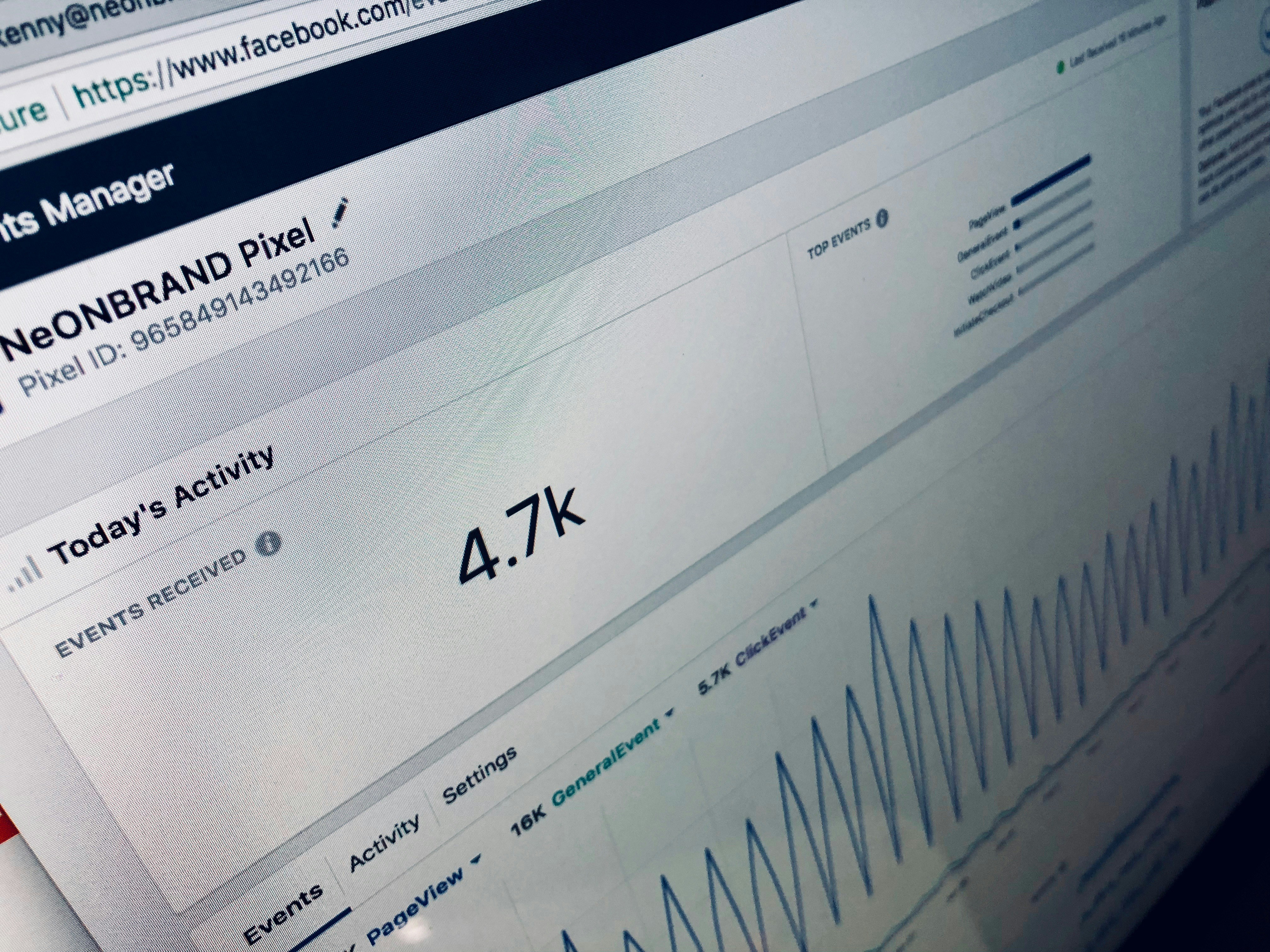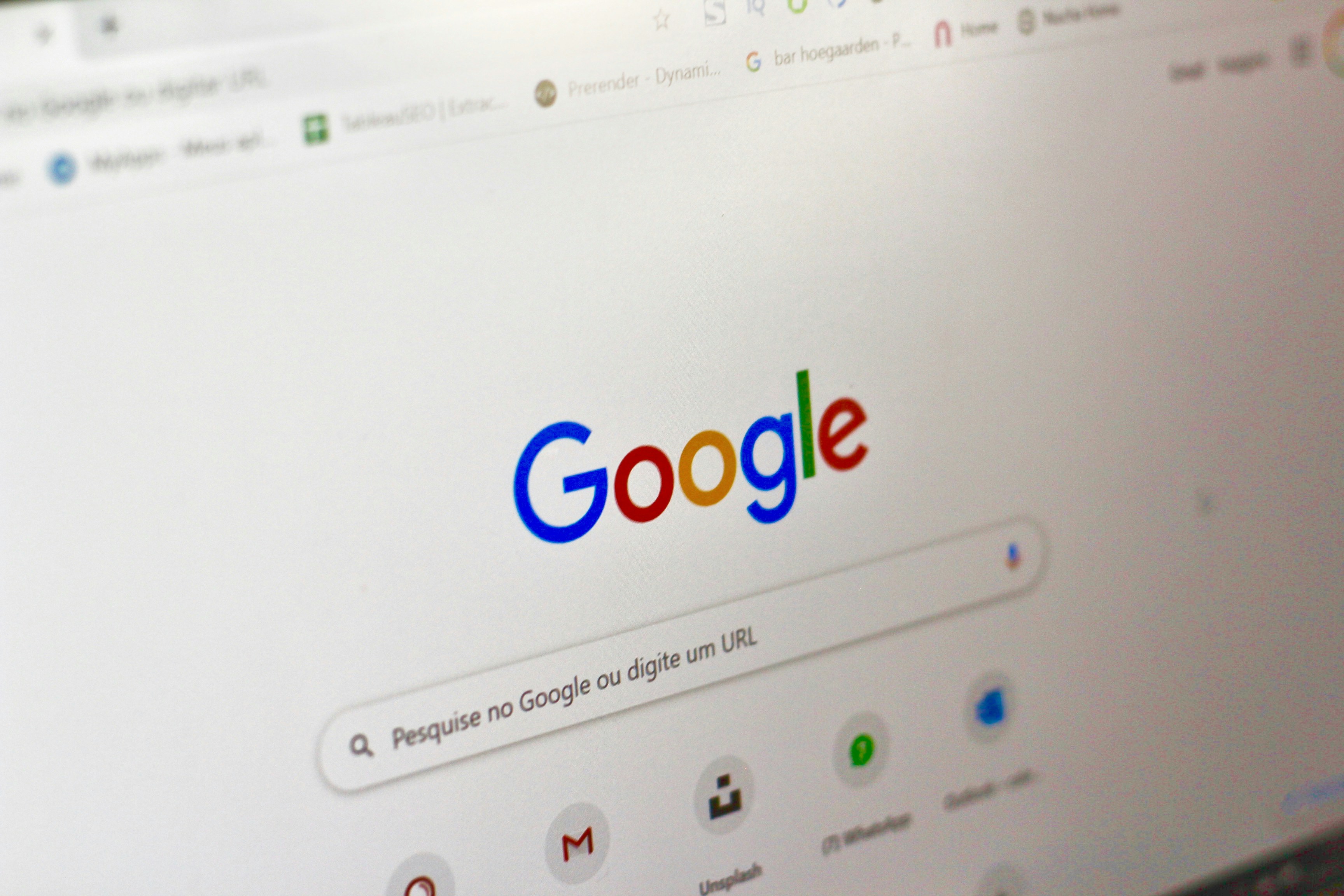Healthcare Technology: AI and IoT in Medical Innovation
Healthcare Technology: AI and IoT in Medical Innovation
AI and IoT are transforming healthcare delivery. Learn about telemedicine, wearable devices, and AI diagnostics from leading healthcare tech companies.
Digital Health Revolution
Technology is fundamentally transforming healthcare delivery by improving patient outcomes through more accurate diagnoses, reducing operational costs through automation and efficiency gains, and expanding access to quality healthcare services for underserved populations worldwide. The digital health revolution encompasses artificial intelligence, Internet of Things devices, telemedicine platforms, and advanced analytics that are creating a more proactive, personalized, and efficient healthcare ecosystem. This transformation is driven by the convergence of several technological trends: the proliferation of wearable sensors, the maturation of AI and machine learning algorithms, the expansion of high-speed connectivity, and the growing acceptance of digital health solutions by both providers and patients. The result is a healthcare system that can predict health issues before they become critical, deliver care remotely, and provide personalized treatment plans based on individual patient data. This revolution is not just about adopting new technologies—it's about reimagining how healthcare is delivered, making it more accessible, more effective, and more sustainable for future generations.
AI Applications
- Medical Imaging: AI-powered diagnosis assistance that analyzes radiological images with superhuman accuracy, detecting abnormalities that might be missed by human radiologists and providing quantitative measurements for more precise diagnoses
- Drug Discovery: Accelerated research and development processes that use machine learning to identify potential drug candidates, predict molecular interactions, and optimize clinical trial designs, dramatically reducing the time and cost of bringing new medicines to market
- Predictive Analytics: Disease prevention and early detection systems that analyze patient data to identify risk factors, predict potential health issues, and recommend preventive interventions before conditions become serious
- Virtual Assistants: Patient triage and support systems that provide 24/7 access to health information, symptom checking, appointment scheduling, and medication reminders, improving patient engagement and reducing administrative burden on healthcare providers
IoT in Healthcare
- Wearable Devices: Continuous health monitoring through smartwatches, fitness trackers, and medical-grade wearables that track vital signs, activity levels, and sleep patterns to provide real-time health insights and early warning systems
- Smart Hospitals: Connected medical equipment and infrastructure that enables automated inventory management, predictive maintenance of critical equipment, and real-time location tracking of medical assets and personnel
- Remote Patient Monitoring: Home-based care delivery systems that allow healthcare providers to monitor patients remotely through connected devices, reducing hospital readmissions and enabling proactive intervention when health metrics indicate potential issues
- Supply Chain Tracking: Medical inventory management solutions that use IoT sensors to monitor medication and equipment inventory levels, expiration dates, and environmental conditions to ensure product quality and availability
Telemedicine Growth
Telehealth visits increased 3000% during the pandemic, establishing virtual care as a standard practice.
Data Privacy Challenges
HIPAA compliance and patient data protection are critical in healthcare technology implementation.
Future Developments
5G-enabled remote surgery and AI-driven personalized medicine will revolutionize healthcare by 2026.











